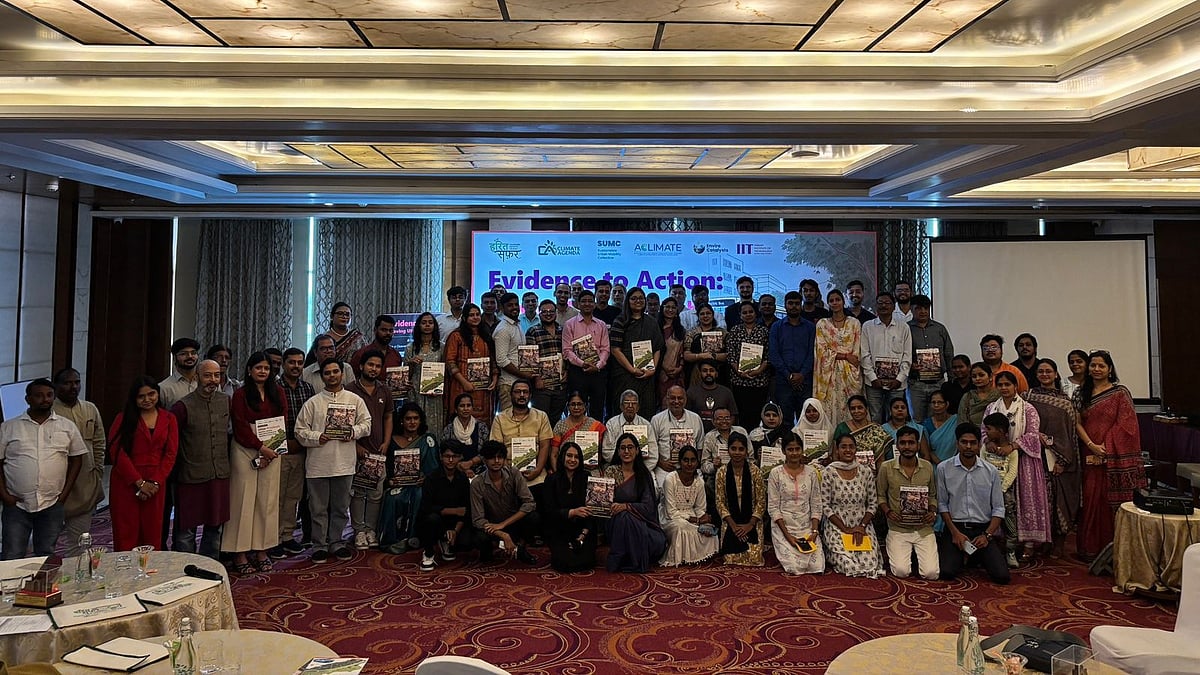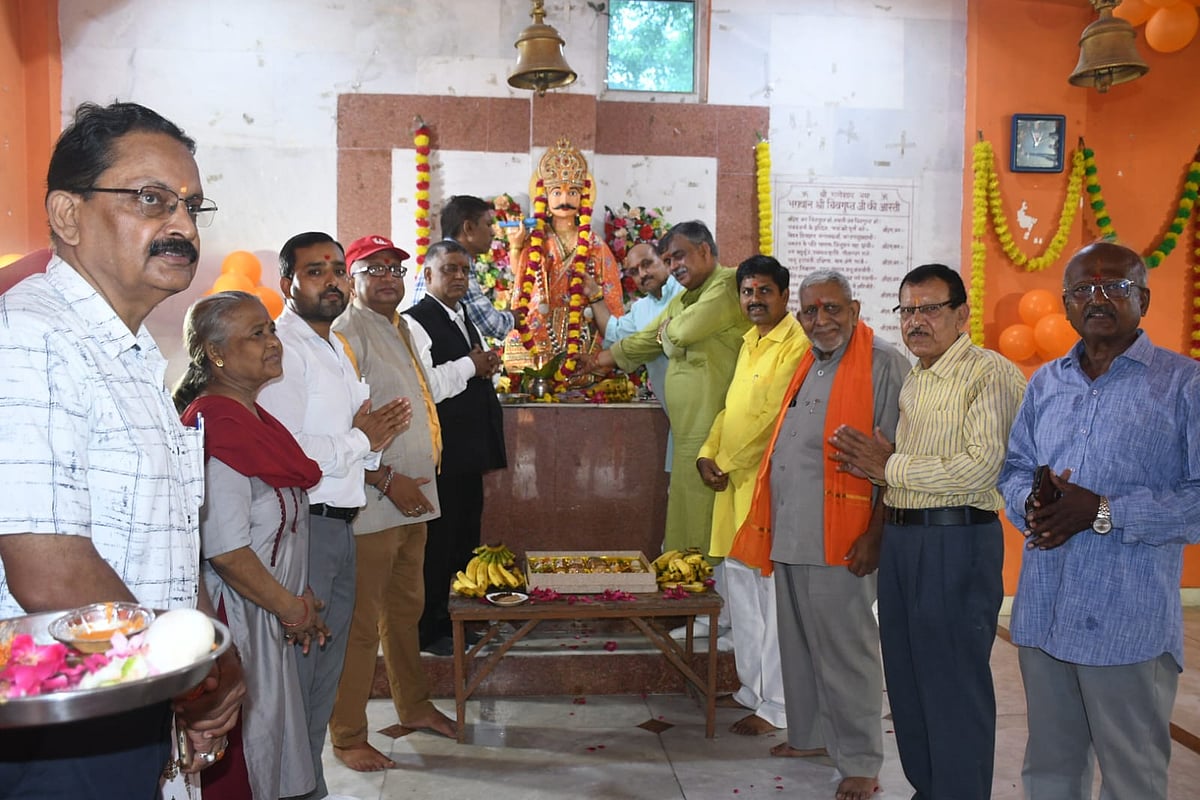National Anti-Terrorism Day in India is observed annually on May 21 to honour the memory of former Prime Minister Rajiv Gandhi, who was assassinated in a terrorist attack. This day serves as a reminder to combat terrorism and promote global peace. It provides an opportunity for individuals to reflect on the impact of terrorism and renew their commitment to promoting peace and security.
In 1991, Rajiv Gandhi was tragically killed by a suicide bomber belonging to the Liberation of Tamil Tigers Eelam (LTTE) terrorist organization. The attack took place in Sriperumbudur, Tamil Nadu, when a woman approached Gandhi, seeking his blessings, but detonated a bomb concealed beneath her clothing. The incident resulted in the loss of Rajiv Gandhi's life and the lives of around 25 other innocent individuals.
The significance of National Anti-Terrorism Day lies in its mission to strongly condemn all forms of terrorism. It aims to raise awareness about the destructive nature of terrorism and foster a society characterized by unity, peace, brotherhood, and humanity. The day emphasizes the collective responsibility of individuals to stand united against terrorism and contribute to a world free from violence.
On this day, various activities and events are organised to promote awareness about terrorism, its consequences, and the importance of counterterrorism efforts. Educational institutions, government agencies, and non-governmental organizations play a crucial role in organising seminars, workshops, and campaigns to engage the public in discussions about counterterrorism strategies and the importance of peace-building initiatives.
National Anti-Terrorism Day serves as a solemn occasion to honour the memory of Rajiv Gandhi and all those who have lost their lives to terrorism. It reinforces the message that terrorism has no place in society and that unity, understanding, and cooperation are essential for creating a peaceful and secure world.








